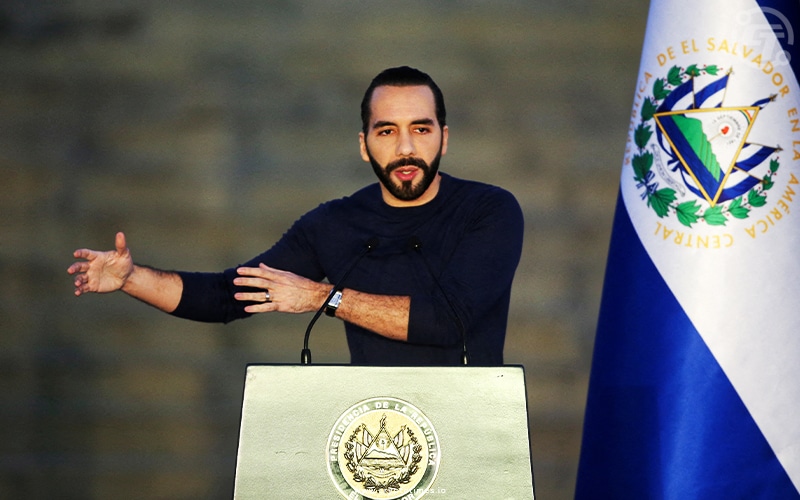El Salvador’s President, Nayib Bukele, known for his strong endorsement of Bitcoin during the 2021 bull market, has encountered criticism for his ambitious investment strategy. In November of that year, Bukele announced an unconventional plan for El Salvador to add one Bitcoin to its balance sheet daily, a move that triggered skepticism from various quarters, including university professors and U.S. lawmakers.
Nayib Bukele’s Bitcoin stash declines by 8%
Monitoring Bukele’s Bitcoin investments through the NayibTracker website, which relies on the president’s tweets due to the absence of official government figures, reveals that he is currently down nearly 8% on his investment of 3,120 BTC. The average acquisition price per Bitcoin is $40,498, and despite spending over $126 million on the cryptocurrency, the current valuation places his holdings at $116 million, indicating a loss of over $10 million. All Bitcoin purchased by Bukele has been below the asset’s all-time high of $69,044 in November 2021.
The most expensive batch, consisting of 420 coins, was acquired at $60,345 each. While the president is currently facing a negative return on his investment, the volatile nature of Bitcoin’s price suggests that he may see a profit if market conditions improve. Despite scrutiny of Bukele’s Bitcoin investment, El Salvador as a nation has experienced positive economic developments. The country, previously at risk of defaulting on substantial national debts, has witnessed favorable returns on its bonds, providing financial relief.
Economic resilience of El Salvador amid challenges
Before Bukele assumed the presidency, El Salvador was primarily known for its surfing culture, a history marked by civil war, and prevalent gang violence. Bukele, a former marketing executive, has aimed to transform the nation into a tech hub, actively seeking foreign, including Chinese, investment. His administration has also implemented a stringent crackdown on notorious gangs, resulting in a significant decline in the nation’s murder rate. Bukele hopes that improved security will attract a vibrant expatriate community and discourage Salvadorans from migrating to the United States in search of safety.
While citizens appear to appreciate enhanced security measures, Bitcoin remains a contentious issue. If Bukele’s Bitcoin investment manages to turn a profit, he might need to employ persuasive tactics, perhaps through an “orange pilling” approach, to encourage the population to embrace cryptocurrency more enthusiastically. President Nayib Bukele’s unconventional Bitcoin investment strategy in El Salvador has faced criticism, with the current status showing a nearly 8% loss on his holdings.
Despite these challenges, the nation has witnessed positive economic shifts, and Bukele continues to pursue his vision of transforming El Salvador into a tech hub while addressing security concerns. The intersection of cryptocurrency and national policy remains a complex and evolving narrative in the context of El Salvador’s unique journey.





